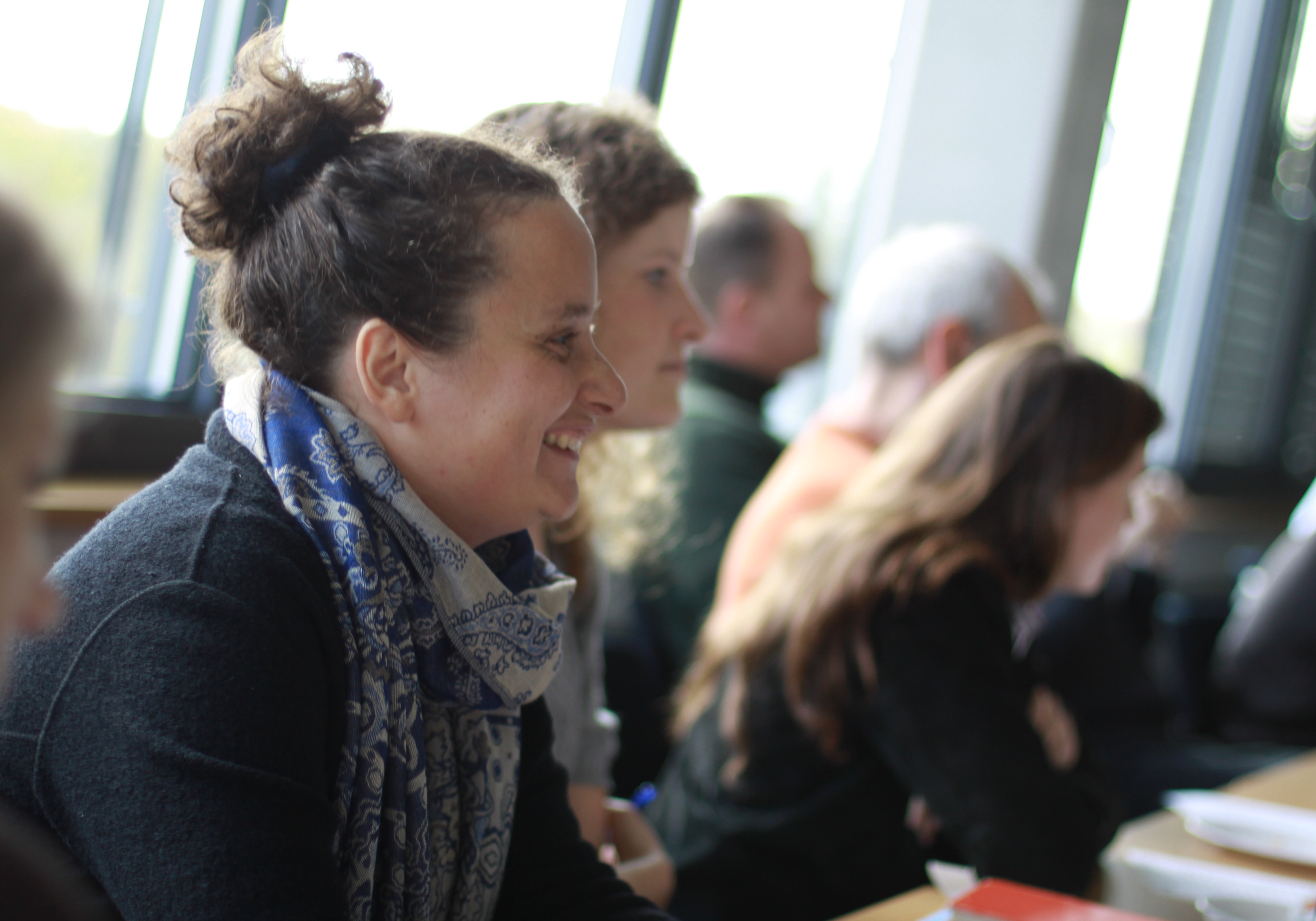
Improving well-being and sustainability through understanding and shaping human food choice
Jour Fixe talk by Paul Rozin on July 13, 2016
Even though in the developed world obesity is a major health issue, malnutrition is a more pressing world issue, though within a relatively short span of years, there will probably be more obese than malnourished people in the word. People in the developed world could contribute to solve the world’s food and environmental problems in their own and in developing countries by changing their food habits. For instance, they could drink recycled water, accept genetically modified organisms or eat insects.
For 35 years, Paul Rozin’s major focus in research has been human food choice, considered from biological, psychological, and anthropological perspectives. For example, he analyzed the entry of food issues (e.g., meat, fat) into the moral domain in modern American culture or attitudes to recycled water. Most recently, the emotion of disgust was on top of his research agenda.
In his Jour Fixe talk, Paul Rozin showed that drinking recycled water or eating insects face serious acceptance problems because they are considered as disgusting. The disgust of most people in the western world towards eating insects is not related to the taste but is spiritual. But there seems to be a solution: People just have to get used to it. Is this possible? Rozin points out that just a few years ago, it was common sense that raw fish was disgusting. Today, sushi resides among the most popular foods.He suggests that the same could come true for eating insects or drinking recycled water.
Genetically modified organisms (GMO), which could help to improve food supply in developing countries, also face serious acceptance problems in developed countries. Many people, especially in Europe, are strongly opposed to consuming GMOs. Paul Rozin, Sydney Scott, and Yoel Inbar recently conducted a study in Germany, U.S.A. and France with a representative sample of 500 people in each country to find out why. The results indicate that GMOs are a highly moral issue. For example, in Germany, 73,3 % state that GMOs should be prohibited for human consumption no matter how great the benefits and minor the risks from allowing it are. These people are considered “moral opponents”. Another study of Rozin, Scott, and Inbar conducted among U.S. Americans shows that moral opponents find GMOs more disgusting. This suggests that disgust and moralization are highly related to another.
In his current project, Rozin and fellow researchers from the University of Pennsylvania and the University of Konstanz survey people from ten countries that together constitute more than 50% of the world population. The aim is to analyze motives for choosing food, the meaning of food as well as the transition from traditional to modern diet. The research design allows a comparison of food habits across different cultures.
